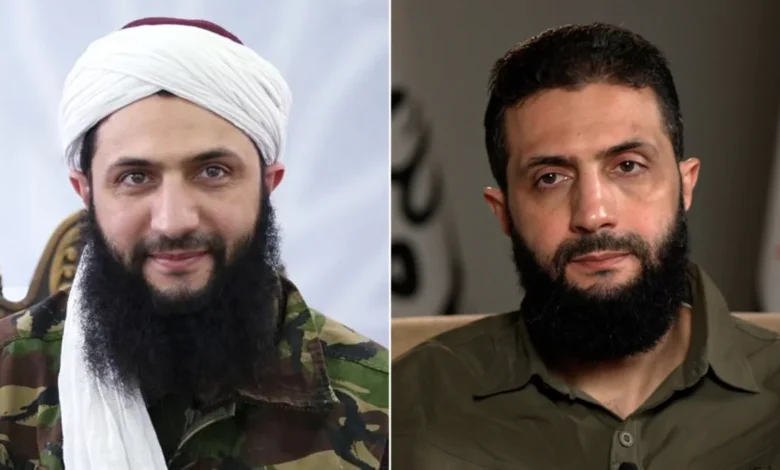
Ahmed Al Sharaa, once a young jihadist linked to Al-Qaeda’s Syrian affiliate, Jabhat al-Nusra, has undergone a remarkable transformation in the years since Syria’s civil war began. Known by his nom de guerre, Abu Mohammed al-Jolani, he emerged as a key figure in the rebellion against President Bashar al-Assad’s regime. His journey from radicalism to becoming a more pragmatic and regional leader signals a shift in both his tactics and vision for Syria’s future.
Born in Riyadh to Syrian parents, Jolani was influenced early on by the Palestinian Intifada, eventually becoming a jihadist after the 2003 U.S. invasion of Iraq. His deep knowledge of Syria made him an ideal candidate for Al-Qaeda commanders seeking to expand their reach into the country. In 2011, he returned to Syria with funding from Abu Bakr al-Baghdadi, the future leader of ISIS, to establish Jabhat al-Nusra. Over time, his leadership grew, and his group became a key force in the Syrian opposition.
However, in 2016, Jolani broke away from Al-Qaeda, creating Jabhat Fateh al-Sham (later renamed Hayat Tahrir al-Sham, or HTS). This split was a strategic move, aiming to distance his faction from global jihadist affiliations in order to avoid external attacks from international powers like the U.S. and Russia. His group’s new focus was presented as a Syria-centric resistance against Assad, making Jolani’s political stance less confrontational toward Western nations, a departure from his earlier jihadist rhetoric.
Over time, Jolani’s image shifted further. The man once known for hiding his face during public appearances now appeared on camera, dressed in a Western-style blazer and shirt, symbolizing his more moderate approach. His group, HTS, started governing parts of Idlib, where he sought to position himself as a leader capable of stabilizing the region and countering Iran’s growing influence in Syria. Jolani even spearheaded operations against ISIS, including a notable operation in 2023 that led to the killing of ISIS leader Abu Hussein al-Husseini al-Qurashi.
Despite these changes, Jolani’s reputation remains controversial. His group’s treatment of dissent within Idlib has raised concerns among human rights organizations, which accuse HTS of cracking down on protests and engaging in torture. Jolani, however, denied responsibility for the abuses, stating that those involved had been held accountable.
The rebranding of Jolani’s group as a more locally focused rebel force has been met with mixed results. While he has distanced HTS from global jihadist groups, the U.S. still designates HTS as a terrorist organization due to its former ties with Al-Qaeda.
Yet, as Syria’s war continues and Assad’s regime weakens, Jolani is positioning himself as a key player in the future of the region, with ambitions to play a role in undermining Iran’s influence. Whether he can fully shed his extremist past and gain favor in the West remains uncertain, but his transformation into a political leader is undeniable.





